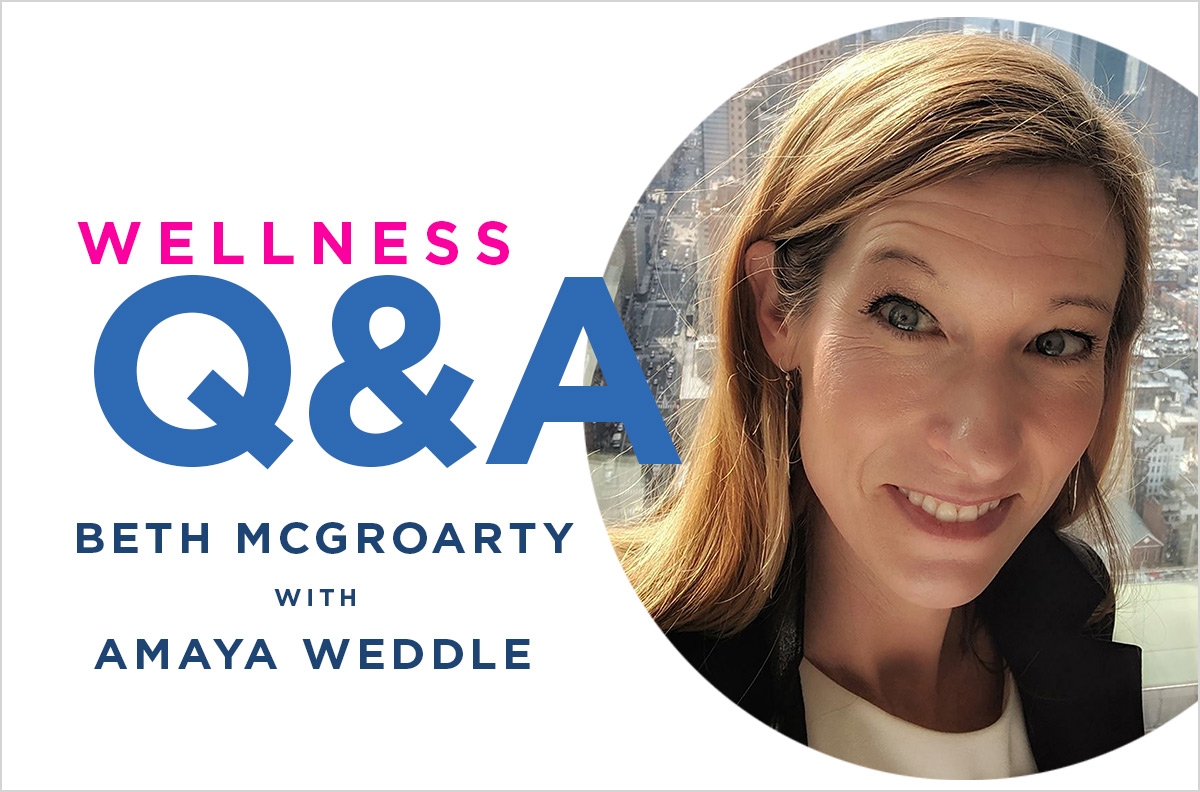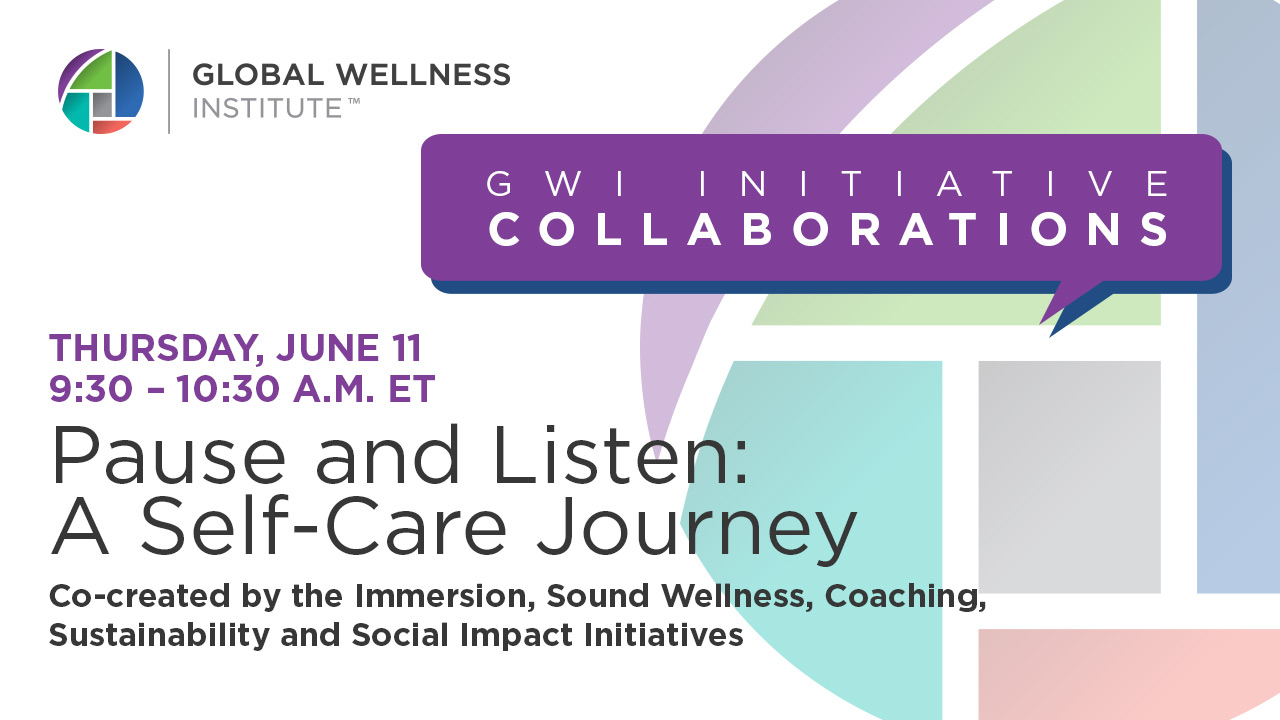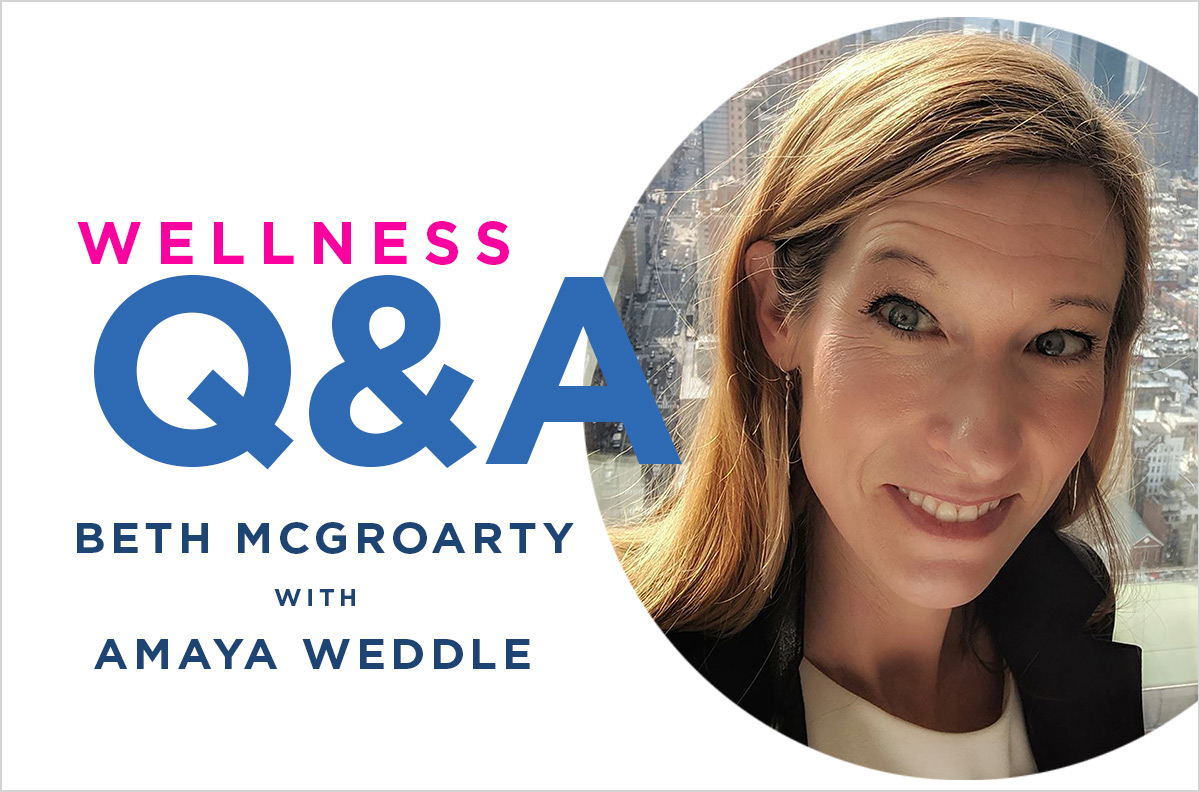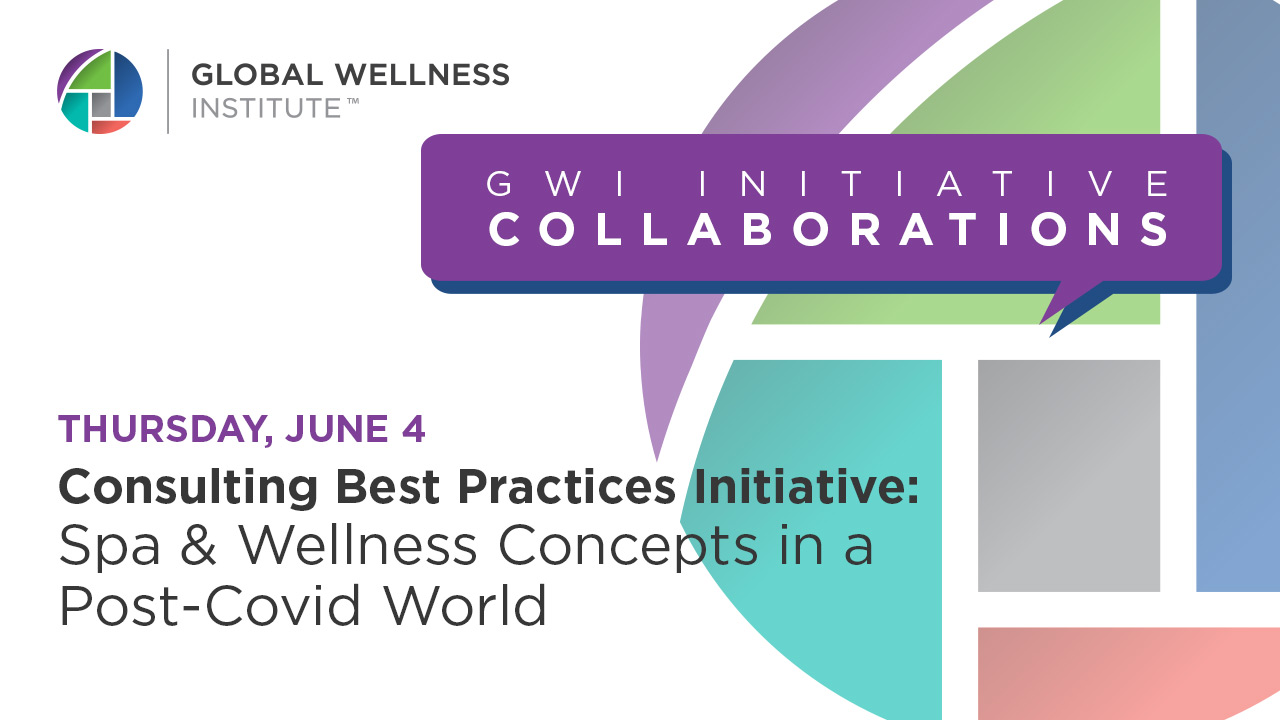The GWI just released a “Wellness in the Age of COVID-19” Q&A with Amaya Becvar Weddle, PhD and VP, Research & Product Marketing, Mindbody, a leading tech platform for the wellness industry. Her research team has been undertaking important surveys on how the pandemic is changing wellness businesses and consumers. Weddle discusses: How profound the shift to digital fitness and wellness has been during the…





























































